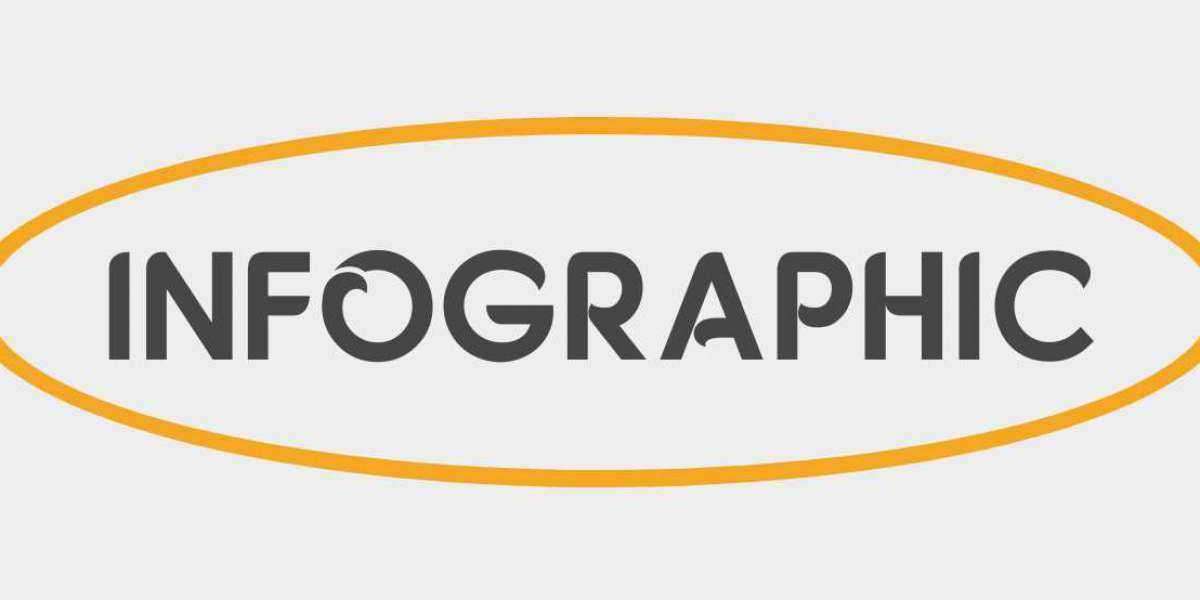Introduction
The United Kingdom has been grappling with rising levels of childhood obesity for decades. One of the most debated policy responses centers on whether junk food advertising should be banned before 9 PM. Supporters argue that children are heavily influenced by marketing, leading to poor dietary choices, while critics insist that such restrictions infringe on business freedoms and parental responsibility. This debate has become more urgent as the nation faces alarming health statistics and mounting costs for the NHS due to diet-related diseases.
This article explores the key issues around junk food advertising and child health, the role of government initiatives, and how media regulations are shaping the future of public health in the UK.
The Scale of the Obesity Challenge
Obesity is one of the UK’s most pressing public health concerns. According to the NHS, one in three children leaving primary school is either overweight or obese. Among teenagers, the trend is even more worrying: studies show that nearly 20% of adolescents in the UK are classified as obese.
The consequences go beyond physical health. Young people who struggle with weight often face bullying, lower self-esteem, and long-term health conditions such as Type 2 diabetes and cardiovascular disease. As such, the debate about advertising is not simply about food—it is about protecting vulnerable groups from lifelong harm.
Why Advertising Matters
The advertising industry is immensely powerful. Junk food brands spend billions every year on campaigns designed to create loyalty and increase consumption. Children are particularly susceptible to these strategies because they are less capable of critically assessing marketing messages.
Television remains a key medium, but the landscape is shifting. Platforms like YouTube, TikTok, and Instagram have become prime spaces for fast-food and snack brands to reach younger audiences. From influencer partnerships to flashy digital ads, the food industry is investing in new ways to bypass traditional restrictions.
This is where the 9 PM watershed rule becomes important. The idea is simple: restricting junk food ads before this time reduces children’s exposure to persuasive messages during their peak viewing hours.
Policy Interventions: What the UK Government Has Tried
Public Health England and successive governments have introduced a series of measures to combat obesity. Some of the most notable include:
The Sugar Tax (2018): Designed to reduce sugar consumption by making sugary drinks more expensive.
School Food Standards: Regulations requiring healthier options in school meals.
Proposed HFSS Ad Ban (2023): Plans to restrict advertising of foods high in fat, sugar, and salt (HFSS) on TV before 9 PM and online.
While progress has been made, critics argue that these initiatives do not go far enough. For example, the proposed ban on HFSS advertising has been delayed multiple times due to industry pressure and concerns about economic impact.
The Role of Digital Media in Advertising
Television bans alone are no longer sufficient because children consume media differently today. On-demand streaming, social media platforms, and video-sharing apps dominate viewing patterns among younger generations.
Digital platforms allow advertisers to target children with precision. For instance:
YouTube Ads: Kids watching cartoons are often shown ads for chocolate, crisps, or sugary cereals.
Influencer Marketing: Popular content creators promote fast food indirectly through paid collaborations.
Gamification: Brands use mobile apps and interactive games to keep children engaged with their products.
This makes regulation increasingly difficult. Unlike television, which is easier to monitor, digital media is fragmented and personalized. Enforcement becomes a major challenge for policymakers.
Student Perspectives on the Debate
For university students studying media law, public health, or social sciences, this issue often appears in coursework and debates. It is also a common choice in classroom speeches because of its relevance and impact on daily life.
In fact, health and nutrition consistently rank among the most chosen persuasive speech topics for UK students. Many students argue in favor of stricter bans, citing the need for social responsibility from the food industry. Others, however, highlight the importance of individual choice, parental guidance, and media literacy.
This makes the topic both academically engaging and practically important, as it sits at the intersection of health, law, and ethics.
The Food Industry’s Perspective
Fast-food and snack companies often push back against stricter regulation. Their arguments include:
Economic Concerns: Advertising bans could harm revenue and impact jobs in the food industry.
Parental Responsibility: Parents, not advertisers, should decide what their children eat.
Questionable Effectiveness: Some studies suggest that advertising restrictions alone may not significantly reduce obesity rates.
Instead, these companies advocate for voluntary codes of practice and increased investment in physical activity programs for children.
International Comparisons
Looking beyond the UK, other countries have experimented with stricter measures:
Norway & Sweden: Bans on junk food advertising to children under 12.
Chile: Mandates warning labels on unhealthy products and bans cartoon characters on packaging.
Australia: State-level restrictions on junk food advertising near schools and public transport hubs.
These case studies show that while advertising bans can reduce exposure, broader strategies—like improving food availability, subsidies for healthier choices, and nutrition education—are also necessary.
Ethical Questions in Media Regulation
Beyond health statistics, this debate raises deeper ethical questions:
Should businesses have the right to advertise legal products regardless of health impact?
Is the government justified in restricting free market operations to protect children?
Does banning ads actually solve the problem, or does it merely shift responsibility elsewhere?
Students engaging with this topic often find themselves torn between public health priorities and free-market principles. This is precisely why it remains such a powerful subject for discussion and debate.
The Path Forward
Most experts agree that banning junk food advertising before 9 PM is not a silver bullet. However, it can play an important role in a multi-pronged strategy that includes:
Stronger regulations on digital media advertising.
More accessible and affordable healthy food options.
Enhanced nutrition education in schools and communities.
Collaboration between government, schools, and parents to foster healthier habits.
Such a holistic approach balances regulation with empowerment, ensuring children are both protected and educated.
Conclusion
The question of whether junk food advertising should be banned before 9 PM highlights the complex relationship between health, law, and media in the UK. With childhood obesity rates still alarmingly high, policymakers cannot afford to ignore the influence of advertising on children’s diets.
While television restrictions are a useful starting point, digital media continues to challenge regulators. For students, educators, and policymakers alike, this issue serves as a vital case study in public health, corporate responsibility, and media ethics.
At its core, the debate forces society to ask: should protecting children’s health take precedence over commercial freedom? As the UK continues to refine its approach, this question will remain central to discussions about public health and regulation in the 21st century.



